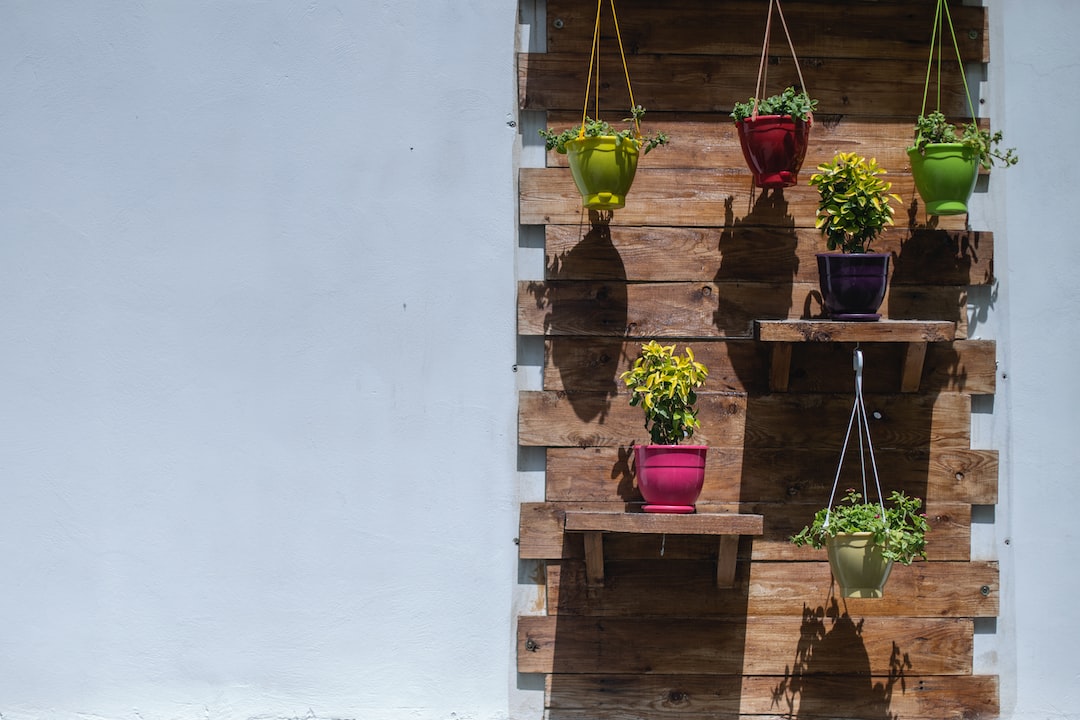Florence, the capital city of the Tuscany region in Italy, is famous for its historical monuments, art, and especially for being the birthplace of the Renaissance, a cultural and intellectual movement that started in the 14th century and spread throughout Europe.
Today, visitors from around the world flock to Florence to experience the Renaissance ambiance, to relive the era’s grandeur and to explore its artistic and scientific achievements.
The era of the Renaissance lasted from the 14th to the 17th century, a time of great scientific, artistic and cultural achievements, initiated by great thinkers such as Leonardo da Vinci, Michelangelo, and Galileo Galilei, among others.
Visitors to Florence can explore the Old Town, where numerous significant landmarks, such as the Cathedral of Santa Maria del Fiore, the Basilica of Santa Croce, and Palazzo Vecchio, can be found.
The Cathedral of Santa Maria del Fiore, or the Duomo, is one of the most famous landmarks in Florence. The cathedral’s massive dome, designed by Filippo Brunelleschi, can be seen from almost any location in Florence. Visitors can climb up to the top of the dome, where they can have a panoramic view of the city.
Another famous landmark is the Basilica of Santa Croce. Its beautiful facade, with the intricate patterns carved out of white and green marble, is breathtaking. The interior is even more impressive, with beautiful frescoes adorning the walls and the ornate tombs of Renaissance artists, such as Michelangelo, Galileo Galilei and Niccolò Machiavelli, on display.
Art lovers can indulge in the numerous art galleries and museums in Florence. Among them, the Uffizi Gallery is a must-see. It houses one of the largest collections of Renaissance art in the world, with works by Botticelli, Leonardo da Vinci, Michelangelo and Raphael on display.
The Accademia Gallery is home to Michelangelo’s famous masterpiece, the Statue of David, which is without a doubt one of the most important works of art from the Renaissance period.
Florence has also preserved the scientific achievements of the era, the Galileo Museum displays the developments of science in the Renaissance, with Galileo’s telescopes, manuscripts, and scientific instruments on show.
Food enthusiasts can delight in the flavors of the Tuscan cuisine, which represents some of the best culinary traditions of Italy. Tuscan dishes are known for their simplicity and authenticity, with fresh ingredients and seasoned with olive oil.
Visitors can also experience Renaissance-themed events such as plays, music concerts, and festivals that showcase the culture and history of the region.
In conclusion, Florence reverberates with the Renaissance’s grandeur, its historical monuments, art, and achievements that can be experienced through numerous museums and galleries, the tantalizing flavors of Tuscan cuisine and themed events to enable visitors to relive the Renaissance era.


